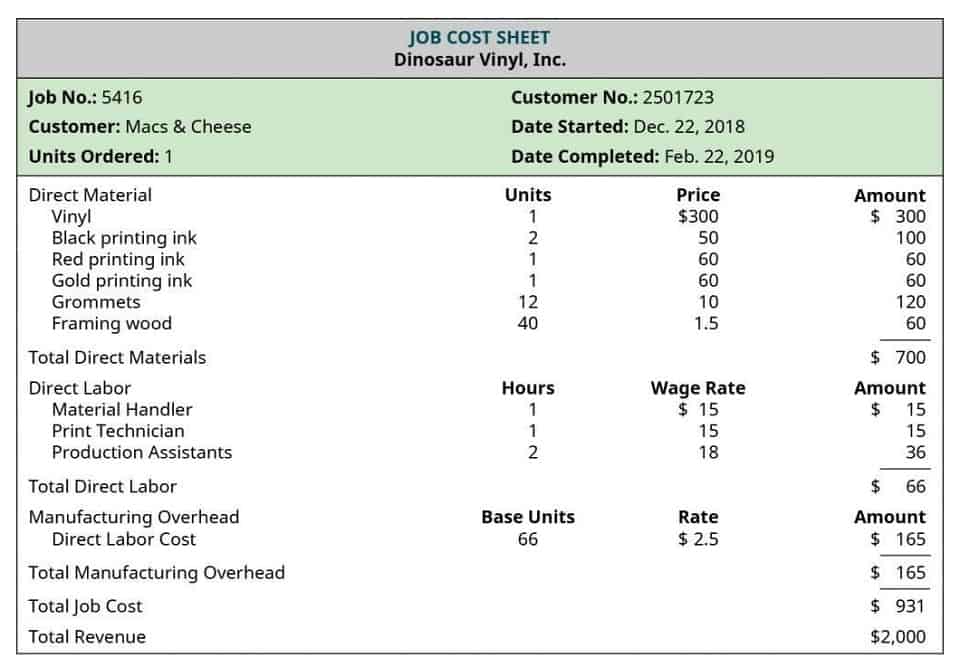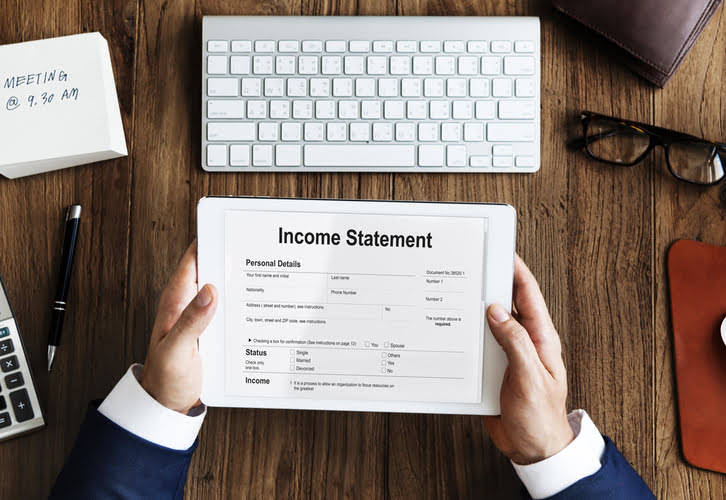The Evolution of Casino Loyalty Programs
16 julio, 2025The Impact of Artificial Intelligence on Casino Operations
17 julio, 2025
This update provides a clear summary of what has changed, who is affected, when these changes take effect, what actions are required, and what these developments mean for pending and future tax filings. New York state income tax rates range from 4% to 8.82%, depending on your income and filing status. If you live in New York City, you’ll be required to pay even more tax, as the city imposes its own local income tax system on top of the state’s.

Withholding and Estimated Payments

This knowledge can empower you to take advantage of tax deductions and credits, ultimately reducing your tax liability. As we dive deeper, we’ll explore how these rates are structured and provide strategies to help you minimize your tax burden while maximizing your financial health. This gives you the right to collect tax and accept New York state sales tax exemption certificates.
Personal Income Tax Obligations
Whenever you make a purchase at a licensed New York retailer, your sales tax will be automatically calculated and added to your bill. To lookup the sales tax due on any purchase, use our New York sales tax calculator. Unlike a Value Added Tax (VAT), the New York sales tax only applies to end consumers of the product. Individuals and companies who are purchasing goods for resale, improvement, or as raw materials can use a New York Sales Tax Exemption Form to buy these goods tax-free. See Tax Bulletin Sales Tax Rate Publications (TB-ST-820) for a description of the sales and use tax rate publications that are available.

File and pay
Underpayment penalties apply if taxpayers fail to remit sufficient estimated payments or have inadequate withholding. The penalty is calculated based on the https://iw2w.justwebops.au/incremental-cost-vs-marginal-cost-5-ways-they/ underpaid amount and the period it remained unpaid, using the federal short-term interest rate plus 2%. In cases of fraud or intentional tax evasion, New York can impose a civil fraud penalty of 50% of the unpaid tax plus interest, and in extreme cases, criminal charges may be pursued. Failing to comply with New York’s tax laws can lead to financial penalties, interest charges, and legal consequences. The state imposes a late filing penalty of 5% of the unpaid tax per month, up to a maximum of 25%. If a return is filed more than 60 days late, a minimum penalty of $100 or 100% of the tax due, whichever is lower, may apply.


Most general business corporations are mandated to e-file the estimated tax. In addition, income from pension plans described in section 114 what is new york state tax of Title 4 of the U.S. code received while you are a nonresident of New York State is not taxable to New York. New York offers voluntary disclosure programs for taxpayers who correct past noncompliance before being audited, allowing them to avoid penalties and criminal prosecution.
Payroll Taxes in New York
- Your deductions play a key part in filing your taxes, and while some people find it easier to not file their deductions and «just pay the extra tax», it makes a difference in the long run.
- To be a permanent resident, a guest must stay in the hotel or short-term rental unit for at least 90 consecutive days without interruption.
- If you are a New York business owner, you can learn more about how to collect and file your New York sales tax return at the 2025 New York Sales Tax Handbook .
- Recent legislative updates, while not immediately changing the tax rates for 2025, have set the stage for future adjustments that will impact residents, workers, and newcomers in the years ahead.
- High property taxes levied not only on land but also on buildings and structures can discourage investment in infrastructure, which businesses would have to pay additional tax on.
To avoid penalties, taxpayers Car Dealership Accounting should ensure estimated payments cover at least 90% of the current year’s tax liability or 100% of the prior year’s total tax. For high-income earners exceeding $150,000 in prior-year AGI, this requirement increases to 110%. A key issue for remote workers is the “convenience of the employer” rule. If an employee of a New York-based company works remotely from another state for personal convenience rather than employer necessity, New York considers the income taxable. This rule has led to disputes, particularly for residents of neighboring states like Connecticut and New Jersey.
